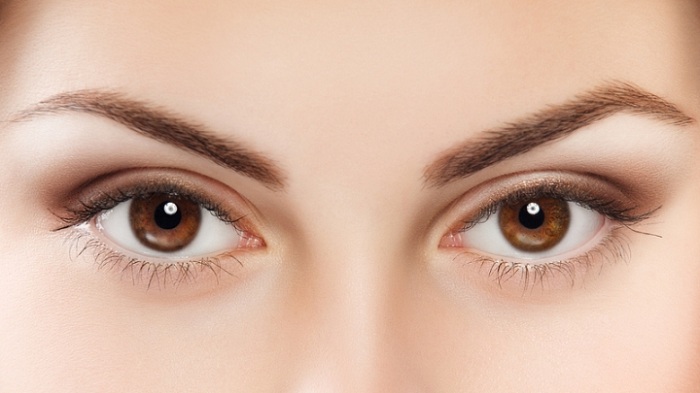From getting regular exercise to stay physically fit to brushing your teeth twice a day to prevent cavities, you are no doubt well-versed in keeping your body and mouth healthy. However, what about looking after your eyes? Sight is an essential sensory tool and one that you may very well take for granted. To help you protect your eyes and avoid the devastation of vision loss, here are some ideas for how you can support healthy eyes.
Have regular eye tests
Just as you visit the dentist for regular dental check-ups, so you should visit your optician for yearly eye tests. This might be something you are already used to if you have a pre-existing sight condition, such as myopia (commonly known as short-sightedness), but you should still get your sight checked out on a regular basis even if you have 20-20 vision. Your vision can change over time, and some conditions, such as cataracts, might initially have very mild symptoms. Your optician will be able to spot these issues when they are still in their early stages and advise you of how to manage them.
Glasses or contact lenses
Myopia is the most common eye condition to have, causing blurred vision for objects at a distance. Fortunately, this condition is easily managed by the wearing of glasses or contact lenses. Which vision correction method you choose depends on your personal preferences. Contact lenses give you precise vision with the freedom of not wearing cumbersome glasses, whereas glasses are a good option if you are squeamish about inserting and removing your lenses. You might like to have both options available to you, for example, wearing one day contact lenses on special occasions and keeping your glasses for everyday use.
Take supplements for eye health
Although you should always aim to obtain a majority of vitamins and minerals from you diet, you might feel that you would benefit from an additional boost by taking supplements to support your eye health. For instance, vitamin C is important for eye health – you’ve probably heard the urban legend that eating carrots makes you see in the dark – along with zinc, vitamin B1 (thiamine), and omega-3 fatty acids. However, make sure that you seek advice from your doctor or optician before taking additional supplements, as overdosing on certain vitamins and minerals can have detrimental side effects.
Protect your eyes from the sun
You probably already slather your skin in sun cream during the summer months; however, did you know that your eyes are also susceptible to damage from the sun? Too much sun exposure can lead to conditions like cataracts and pinguecula. Make sure that you wear sunglasses that have a UV400 rating to ensure that you are getting the maximum protection from harmful UVA and UVB rays from the sun. Sunglasses are available in a variety of styles and prices to suit every taste and budget, so there is no excuse for being outside without your sunglasses on a bright day.


















